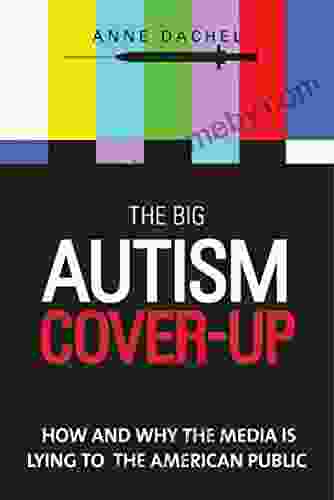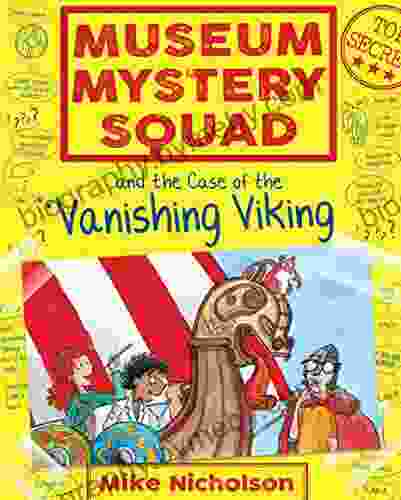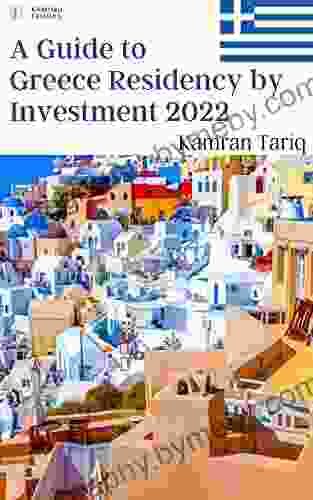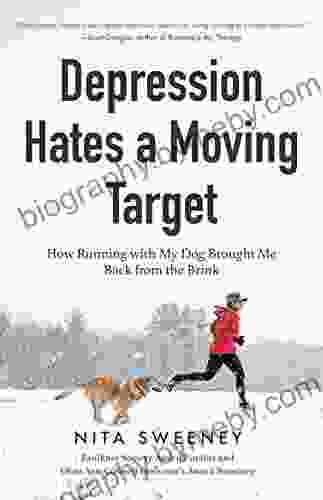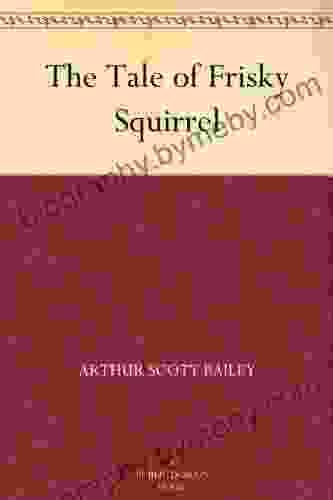
4.6 out of 5
| Language | : | English |
| File size | : | 2096 KB |
| Text-to-Speech | : | Enabled |
| Screen Reader | : | Supported |
| Enhanced typesetting | : | Enabled |
| Word Wise | : | Enabled |
| Print length | : | 345 pages |
| Lending | : | Enabled |
The media holds immense power in shaping public opinion and influencing societal discourse. However, a growing body of evidence suggests that the American media has become a tool for deception, spreading misinformation and suppressing the truth. This disturbing trend has profound implications for our democracy and the future of our nation.
The Hidden Agenda: Control and Profit
Behind the veneer of objectivity, the media is often driven by hidden agendas—primarily control and profit. Corporate conglomerates and political entities seek to influence media content to serve their own interests. This leads to the suppression of information that threatens their power or financial gain.
Bias and Censorship: Silencing Dissent
Bias has become rampant in the media, with news outlets openly favoring certain political ideologies or corporate interests. This bias manifests in the selective reporting of information and the omission of opposing viewpoints. Dissent is often censored or marginalized, depriving the public of a comprehensive understanding of important issues.
Tactics of Deception: Manipulating Public Perception
The media employs various tactics to manipulate public perception:
- Agenda Setting: Shaping public priorities by highlighting certain issues while marginalizing others.
- Framing: Presenting information in a manner that favors a particular interpretation or viewpoint.
- Gatekeeping: Controlling the flow of information and deciding what the public sees and hears.
- Sensationalism: Over-emphasizing sensational events or stories to attract attention and ratings, often at the expense of accuracy.
- Propaganda: Disseminating biased or misleading information to promote a particular agenda or ideology.
The Devastating Impact on American Society
Media deception has devastating consequences for American society:
Erosion of Trust:
When the public loses trust in the media, it undermines the foundation of a healthy democracy.
Polarization and Division:
Biased reporting widens the gap between opposing ideologies, deepening societal divisions.
Misinformed Decision-Making:
Citizens relying on distorted information make poor decisions, affecting their lives and the well-being of our nation.
Suppression of Free Thought:
Censorship and suppression of dissent stifle intellectual curiosity and discourage independent thinking.
What Can Be Done: A Call to Action
Addressing this media crisis requires a multifaceted approach:
Investigative Journalism:
Supporting investigative journalists and news organizations that prioritize truth and independence.
Media Literacy:
Educating the public about media manipulation and critical thinking skills.
Independent Media:
Promoting alternative and independent media platforms that offer diverse perspectives and challenge the mainstream narrative.
Citizen Engagement:
Encouraging citizens to actively engage in the public discourse, expressing their concerns and holding the media accountable.
Unveiling the truth behind media manipulation is a critical step towards protecting our democracy and ensuring an informed citizenry. By recognizing the hidden agendas, bias, and deceptive tactics employed by the media, we can empower ourselves to resist manipulation and seek out truth from every available source. Only then can we have a society where the media serves the public interest, fostering transparency, accountability, and a vibrant marketplace of ideas.



